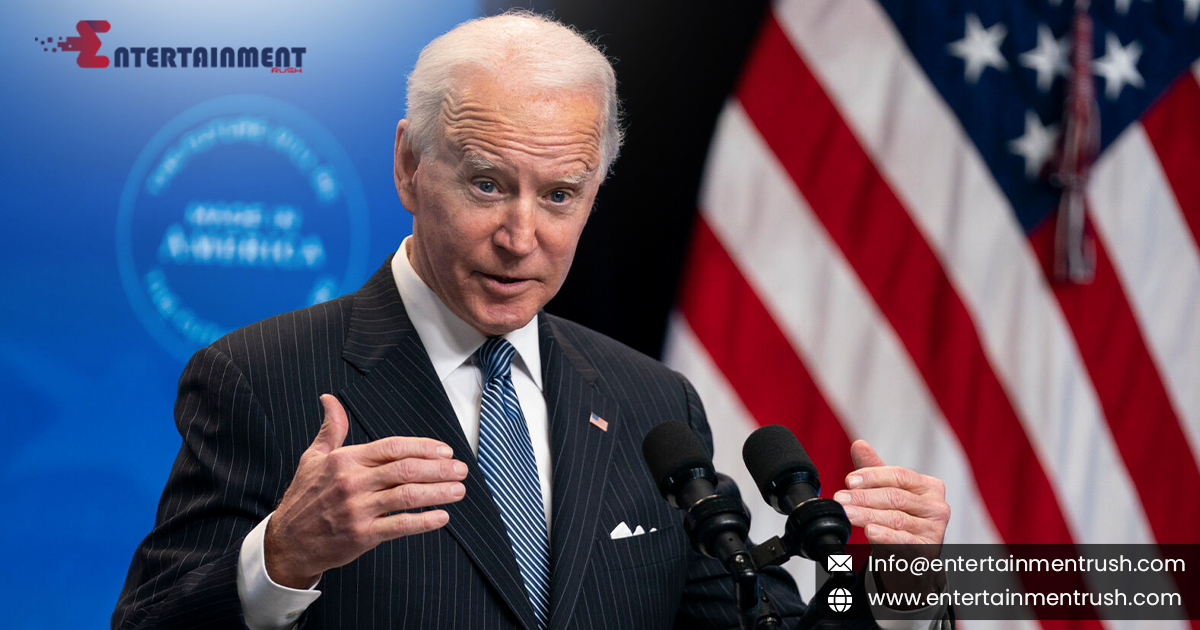In recent years, the divide between left and right in US politics has deepened significantly. This polarization affects not only legislative priorities but also public discourse and societal norms. Issues such as healthcare reform, immigration policies, climate change initiatives, and economic strategies have become battlegrounds where opposing factions struggle to find common ground. The polarization trend underscores the challenges of governance in a politically fractured environment.
Influence of Social Media on Political Communication
Social media platforms like Twitter, Facebook, and Instagram have revolutionized political communication, enabling direct engagement between politicians and constituents. However, this digital transformation also raises concerns about the spread of misinformation, the creation of echo chambers, and the manipulation of public opinion. Politicians and activists alike leverage these platforms to shape narratives and mobilize support, highlighting the evolving dynamics of public discourse in the digital age.
Role of Identity Politics
Identity politics continues to exert a profound influence on US politics, with issues related to race, gender, sexual orientation, and religion shaping policy debates and electoral strategies. Calls for equality, representation, and social justice drive legislative agendas and grassroots movements across the nation. The intersectionality of identities amplifies the complexity of these issues, underscoring the ongoing struggle for inclusivity and equality in American society.
Economic Disparities and Policy Debates
The disparity between the wealthy elite and the working class remains a contentious issue in US politics. Debates over tax policies, income inequality, and the role of government in economic regulation dominate political discourse. The economic impact of the COVID-19 pandemic has exacerbated these disparities, prompting calls for healthcare reform, economic relief measures, and social safety nets to support vulnerable populations and stimulate economic recovery.
Foreign Policy Dynamics
US foreign policy continues to shape domestic politics, influencing diplomatic relations, military engagements, and international alliances. Debates over America’s global leadership, trade agreements, and responses to geopolitical crises reflect divergent views on national security and global governance. The outcomes of these debates have profound implications for US interests abroad and domestic policy priorities.
Environmental Concerns and Policy Responses
Environmental politics have gained prominence in US policy discussions, driven by growing concerns over climate change, renewable energy development, and environmental conservation. The urgency of addressing environmental challenges has spurred innovative policy proposals and mobilized bipartisan support for sustainability initiatives. Climate activism and advocacy for environmental justice highlight the intersection of environmental policies with social and economic priorities. the current trends shaping US politics reflect a dynamic and multifaceted landscape characterized by polarization, digital transformation, identity dynamics, economic disparities, foreign policy complexities, and environmental imperatives. Understanding these trends is essential for stakeholders, policymakers, and citizens navigating the complexities of governance and shaping the future trajectory of American democracy. Vigilance, critical analysis, and civic engagement will be crucial in addressing challenges and advancing inclusive solutions that benefit all Americans in the years to come.
